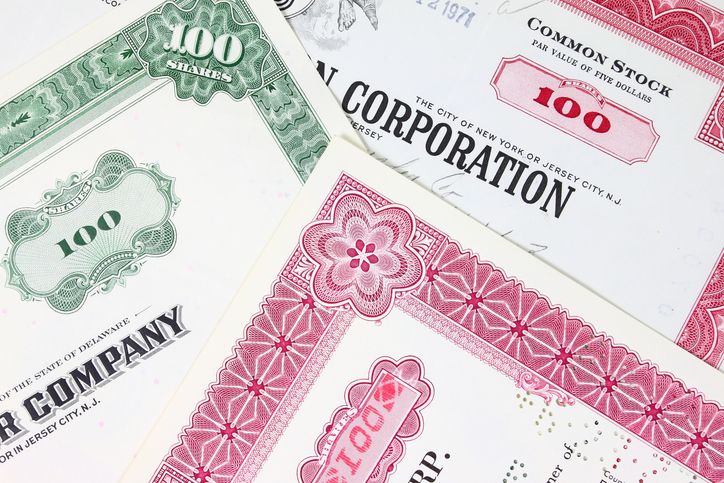 Warnings are being sounded by analysts and investors on the suitability of share buybacks, just as Washington stands poised to deliver tax reform that could give companies piles more cash to invest.
Warnings are being sounded by analysts and investors on the suitability of share buybacks, just as Washington stands poised to deliver tax reform that could give companies piles more cash to invest.
Years of ultra-low interest rates have made purchasing a company’s own stock an attractive option for managers mindful of paltry returns on offers from cash and bonds. And tax cuts proposed by Donald Trump, including moves to encourage companies to repatriate foreign income, are expected to trigger another wave of spending.
The problem is that share prices already are trading at historically high levels, leaving companies that binge on their own stock exposed, should there be a market correction.
In the past week, at least two investment banks have indicated that buyback volumes are falling because directors and senior executives are becoming wary.
“Experience shows that firms repurchasing shares at extremely high valuations regret those actions when the stock price inevitably de-rates,” Goldman Sachs analysts said in a client note. They also predicted that an “infatuation” with buybacks has ended.
Companies have authorized $146 billion in share buybacks this year, the analysts said, marking the lowest year-to-date level since 2012.
Bank of America Merrill Lynch, meanwhile, warned that a declining volume of buybacks, which it said peaked in 2015, was a bad omen for the stock market.
According to its analysts, companies spent around 80% of the capital gleaned from a tax repatriation holiday in 2004 on share repurchases. But they expect that proportion to be lower, should Trump successfully execute on his tax plans.
“This time, if tax repatriation is carried out, we are likely to see maybe only about half of the cash go for buybacks, due to much higher valuations and also due to a much higher leverage on balance sheets,” BAML said.
Pressure also is coming from fund managers concerned that some CEOs aren’t investing enough in growth drivers, such as R&D, acquisitions, employees and equipment.
“There’s nothing wrong with buybacks in a comprehensive plan,” Blackrock CEO Larry Fink reportedly told the Morningstar Investment Conference on Friday. “But what we’ve asked companies, is to identify their long-term strategy and how they would use the money for investments. We’ve asked CEOs to review their long-term capital plans with their board, so there’s accountability on the board level.”

Chief Executive Group exists to improve the performance of U.S. CEOs, senior executives and public-company directors, helping you grow your companies, build your communities and strengthen society. Learn more at chiefexecutivegroup.com.
0

1:00 - 5:00 pm
Over 70% of Executives Surveyed Agree: Many Strategic Planning Efforts Lack Systematic Approach Tips for Enhancing Your Strategic Planning Process
Executives expressed frustration with their current strategic planning process. Issues include:
Steve Rutan and Denise Harrison have put together an afternoon workshop that will provide the tools you need to address these concerns. They have worked with hundreds of executives to develop a systematic approach that will enable your team to make better decisions during strategic planning. Steve and Denise will walk you through exercises for prioritizing your lists and steps that will reset and reinvigorate your process. This will be a hands-on workshop that will enable you to think about your business as you use the tools that are being presented. If you are ready for a Strategic Planning tune-up, select this workshop in your registration form. The additional fee of $695 will be added to your total.

2:00 - 5:00 pm
Female leaders face the same issues all leaders do, but they often face additional challenges too. In this peer session, we will facilitate a discussion of best practices and how to overcome common barriers to help women leaders be more effective within and outside their organizations.
Limited space available.

10:30 - 5:00 pm
General’s Retreat at Hermitage Golf Course
Sponsored by UBS
General’s Retreat, built in 1986 with architect Gary Roger Baird, has been voted the “Best Golf Course in Nashville” and is a “must play” when visiting the Nashville, Tennessee area. With the beautiful setting along the Cumberland River, golfers of all capabilities will thoroughly enjoy the golf, scenery and hospitality.
The golf outing fee includes transportation to and from the hotel, greens/cart fees, use of practice facilities, and boxed lunch. The bus will leave the hotel at 10:30 am for a noon shotgun start and return to the hotel after the cocktail reception following the completion of the round.